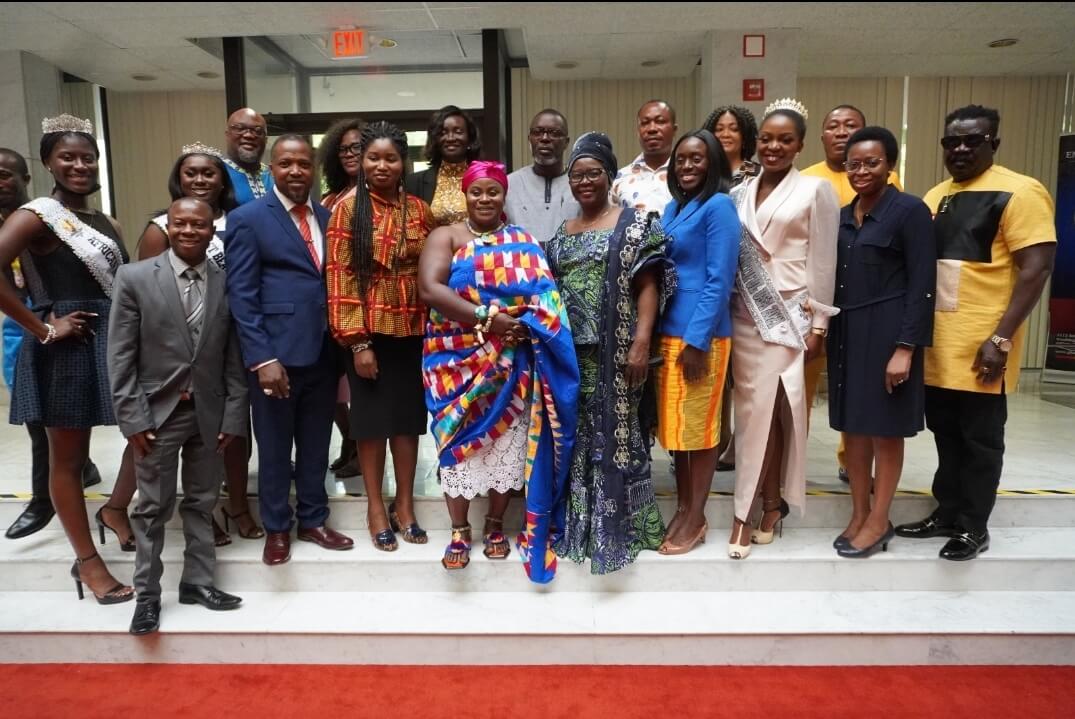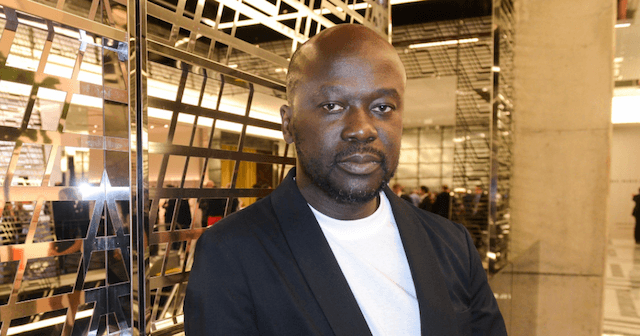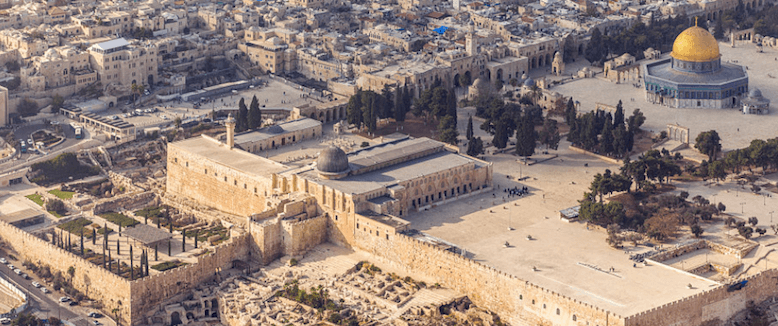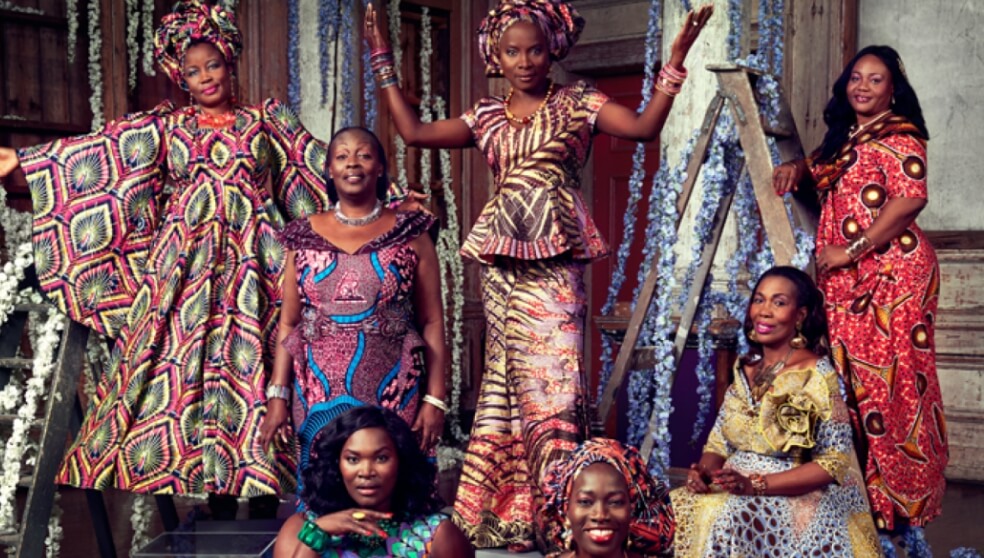Relocating to the Motherland? What to consider
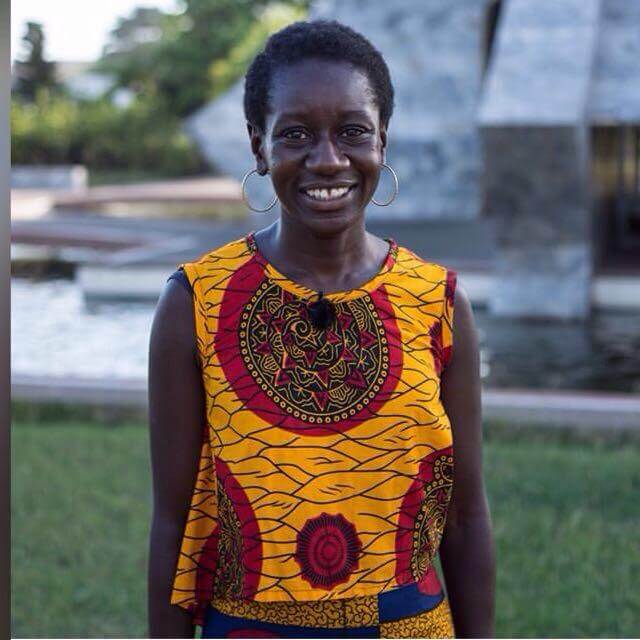
If you didn’t make it to the panel discussion Kirsty Osei-Bempong, founder of MisBeee Writes spoke at on the topic, this post aims to furnish you with tips, tricks and some points to consider when decide to make that move. The event was organised by Ghanaian Londoners Founder Adwoa Agyemang on 16 May 2019.

Kirsty Osei-Bempong (author or this piece) was one of eight speakers, including host Adwoa, who shared experiences at the panel discussion dubbed ’10 Practical ways to relocate to Ghana’.
Other panellists were Mbeke, educationalist consultant and former vice principal of Ghana International School; Anna & Victoria, co-founders of On Point Property; Harm, and founder of Escape Ghana, Linda – CEO of Afrostle Heritage Wear & Elimer Homes, and Chrystabel, co-founder of a restaurant in Koforidua. The event included special guest Mr Dodzie Numekevor, counsellor and head of Public Affairs at the Ghana High Commission in London. Below is Adjoa’s personal account and opinion…
I made my first relocation trip to Ghana in 2008, during the financial crash, and around the time that the then president – John Kofi Agyekum Kufuor unveiled the introduction of dual citizenship status for Ghanaians. This rule made “anyone who is either born in Ghana or has parents of Ghanaian origin” eligible to obtain this status as long as their ‘home’ country accepted dual citizenship status.
Although this was not a driver for me relocating to Ghana, it certainly eased the transition because it entitled me to the same rights as Ghanaians born in the country. Most importantly, it also meant I could enter Ghana without applying for a visa.
The career experience I gained during my 10 months was invaluable, as was the culture shock of moving to a country I had never lived in before. I gained experience in the charity sector as a communications officer, liaising with the Ghanaian media (a different animal to the British system I knew). I developed a skills set and research data that was integral to my MA dissertation on participatory development in Ghana’s NGO field when I returned to London.
Year of Return

Fast forward to 2018, and I moved to Ghana for a second time – just before President Nana Akufo-Addo formally launched Ghana’s Year of Return 2019 initiative. The initiative aims to encourage Africa’s diaspora to come back home to visit, do business and/or settle. It is anticipated that as part of this scheme, half a million people are expected to visit Ghana this year. It is also hoped the initiative will boost Ghana’s nascent tourism industry and the country’s coffers.
Unlike my first experience, which was not always smooth sailing, I would say this second time has exceeded my expectations in so many positive ways. Some of these achievements have included appearing on Breakfast Time TV with Joy News, working with NGOs tasked with improving teaching and learning science in Ghanaian schools, and growing partnerships between civil society across Ghana.

I have written for the Graphic newspaper and the Economy Times, delivered a masterclass to journalism students at the National Television and Film Institute, and delivered blogging workshops at Pa Gya Literary Festival. I am currently collaborating with the National Folklore Board and Ministry of Tourism on their culture campaign.
I have deepened my relationships with my extended family, learnt so much about my culture, ancestry and language and even got to experience another side of Ghana that I never considered – I got to rock climb outdoors for the first time in my life in Krobo Hills!
Ultimately, my two experiences – although different – have shaped my understanding of Ghana and deepened my love and appreciation of the country. It has also taught me some practical tips about relocating, which I hope you will consider when planning your move!
Networks
Join associations. Whatever your field of expertise or interest, there is bound to be an association or group that shares that interest. And if there isn’t, create one. I am a keen blogger and journalist and before I made my move to Ghana, I joined the only blogging association in Ghana – Blogging Ghana.

Joining the group was a great way for me to connect with like-minded people and also share posts I had written about the country. It opened me up to paid opportunities, the chance to boost my social media following, and develop new blogging content. By the time I landed in Ghana, I had already cultivated friendships with other Blogging Ghana members so when it came to meeting them in the flesh, we already had a history and a talking point for collaboration.
I am also a member of Star 100, ( an organisation for Ghanaian professionals based in London) have connected with Ahaspora (a Ghana-based organisation for returnees to the country) and there are a plethora of Whatsapp groups you can join to develop your social circles. I am an avid rock-climber, so Whatsapp groups such as Adventure Ghana have been invaluable for me. But there are many more.
Make friends. I was lucky that a lot of the friends I made in Ghana came through my blog interviews, or were people I had met during my previous trip. These friends cut across so many social circles and were invaluable to me when I was in search of work opportunities on my second visit. All my jobs have come through friends of friends, and not the traditional job application route.
Get out and about. You are never going to meet people if you don’t put yourself out there. I found that Ghana is good for those who like to socialise. Join Accraagenda, and/or Encounter Africa on Instagram, for example. Many of the events I attended were free and this was one of the ways I got to meet people and be in the right spaces to learn about job and social opportunities.
When you move to Ghana, it is vital that you do not take expectations you have cultivated from living in the West with you.
Research

Do your research. You can do part of this research before you leave the country. Use your networks but also read up on who the main players are in your industry. When I landed in Ghana, I was able to schedule meetings with people in the TV/radio/newspaper industries, and visit them at their offices or connect over the phone.
Unlike the UK, it is always better to meet people in the flesh in Ghana – it goes such a long way. I spent my first three months in Ghana pounding the streets with my portfolio – doing just that. It did not always land me a job, but it has definitely given me a better overview of the media landscape and I have learnt so much about the culture of negotiating contacts over in Accra – in particular.
Follow me. Follow people who are doing what you want to do on social media. There are a plethora of influencers out there that are talking about relocating, documenting their experiences on YouTube and blog form. I particularly like Nicole Thea‘s YouTube posts but there are loads of others!
Finances
Save and budget. Although Ghana living is cheaper to the UK sterling, money runs away from you like water, so try and stop doing that currency convert every time you are assessing costs. If you plan to live in the country, get used to the fact that Accra is one of the most expensive African cities (and most polluted – according to one article by AfricaBusiness.com).

Start saving as much as you can before you arrive and it is always good to create a budget for yourself. As soon as you can, start to plug yourself into the financial structures that will make your transition as smooth as possible. That means opening up a bank account (beware – most attract monthly fees), and opening up a Mobile Money account (which is similar to PayPal, Apple Pay and is linked to your mobile phone network provider). If you need to transact between your UK bank account while in Ghana, Monzo allows you to transfer money and withdraw up to £200 per month without attracting bank fees. You will only pay currency conversion costs and transferring money is relatively instant.
Take advantage of platforms such as ExpressPay in Ghana, which allow you to pay for bills from the convenience of your home, and most of all, get yourself a Ghanaian passport. As of April 2019, the Ghana passport now last for 10 years ( and not five). Having one will make opening your bank, Mobile Money and travelling around the West African region and accessing healthcare much easier. Believe me – I know from experience.
Ghana is also rolling out its biometric card, another ID card that allows you to access the healthcare system, vote, secure a driving licence, and even travel around the ECOWAS area without your passport. It is free and lasts for a decade, after which time you have to pay to renew it.
Business

If you are one of those people that wants to invest in Ghana, access bodies such as Afford (African Foundation for Development based in London) which organise trade missions to Ghana and attract a membership fee of £60. There is an organisation called InterNations that has a Ghanaian arm for expat communities, and provides a range of business, finance, insurance advice and support for working abroad.
Take advantage of the support that the Ghanaian High Commissions/ Embassies and Consulates offer people wanting to do business in Ghana. The Diaspora Office in Accra is also useful for people with business ideas and can support job seekers with information about live job openings. Just book an appointment and don’t bring the following (any electrical items, keys, lipstick, sprays and perfumes, a power bank….they took all these off me when I scheduled an appointment and visited them…very security focussed). If you are a German national with Ghanaian roots, connect with GIZ Ghana as they provide job opportunities, and financial support for those looking to relocate. They are active in recruiting staff, so check Jobberman and other Ghanaian jobs portals for me.
If you are interested in investing in land and real estate, there are a number of businesses with expertise to help in that area. Ones that immediately come to mind are Meqasa Ghana – which offers services for those wanting long or short leases, land and new developments. There is also On Point Property that specialise in those looking to invest, manager and source property in the Accra, primarily.
Mindset

Decolonise your mind. When you move to Ghana, it is vital that you do not take expectations you have cultivated from living in the West with you. Things work differently in Ghana – as they do across the globe, and if it is speedy service, punctuality, electricity and water 24/7 you are looking for, do not step on that plane because times when these are not forthcoming could leave you frustrated.
Instead, accept Ghana for what is it – and there are so many positives to the beautiful country. Learn to appreciate the things you are gaining from being closer to your roots. Where else would you have permanent summer weather, access to fresh fruit and veg, a popping social scene and the chance to learn about your heritage?
Not convinced? Read the relocation experiences of two British Ghanaians in Black Ballad
And read more about some of the fantastic people, I have met during my many adventures in Ghana, including:
Ghana’s only paragliding pilot
Ghana’s immigration rule change
Ghana’s alternative tourist attractions
If you are having trouble posting on the Google+ page, please share your views via Facebook here or tweet @MisBee who is original creator/owner of this content.
Please be aware that you may not reproduce, republish, modify or commercially exploit this content without prior written consent from msbwrites.co.uk.

